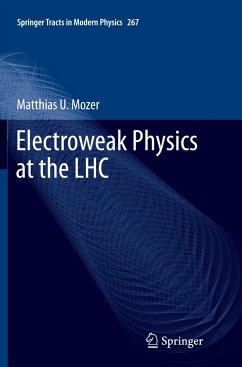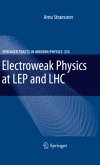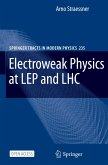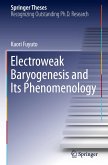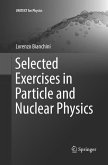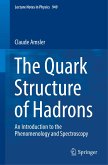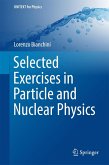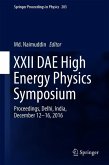The book discusses the recent experimental results obtained at the LHC that involve electroweak bosons. The results are placed into an appropriate theoretical and historical context. The work pays special attention to the rising subject of hadronically decaying bosons with high boosts, documenting the state-of-the-art identification techniques and highlighting typical results. The text is not limited to electroweak physics in the strict sense, but also discusses the use of electroweak vector-bosons as tool in the study of other subjects in particle physics, such as determinations of the proton structure or the search for new exotic particles. The book is particularly well suited for graduate students, starting their thesis work on topics that involve electroweak bosons, as the book provides a comprehensive description of phenomena observable at current accelerators as well as a summary of the most relevant experimental techniques.
"Its aim is to present a survey of results and methods that relate to the physics of the electroweak force. ... the book's typical individual reader would be a researcher who has specialised in one limited area of the field, perhaps working on a particular experimental measurement, but who wishes to form a broader viewpoint on what is going on. For such a person, the book can be recommended." (Peter J. Bussey, Contemporary Physics, Vol. 58 (3), May, 2017)

